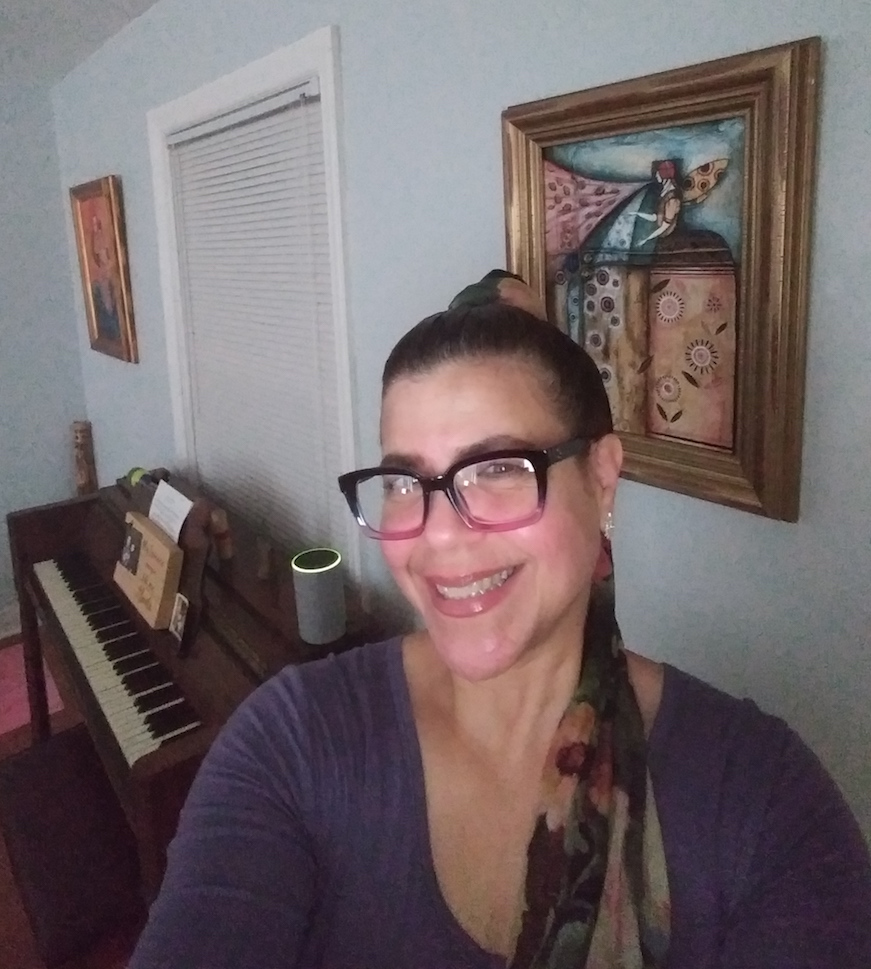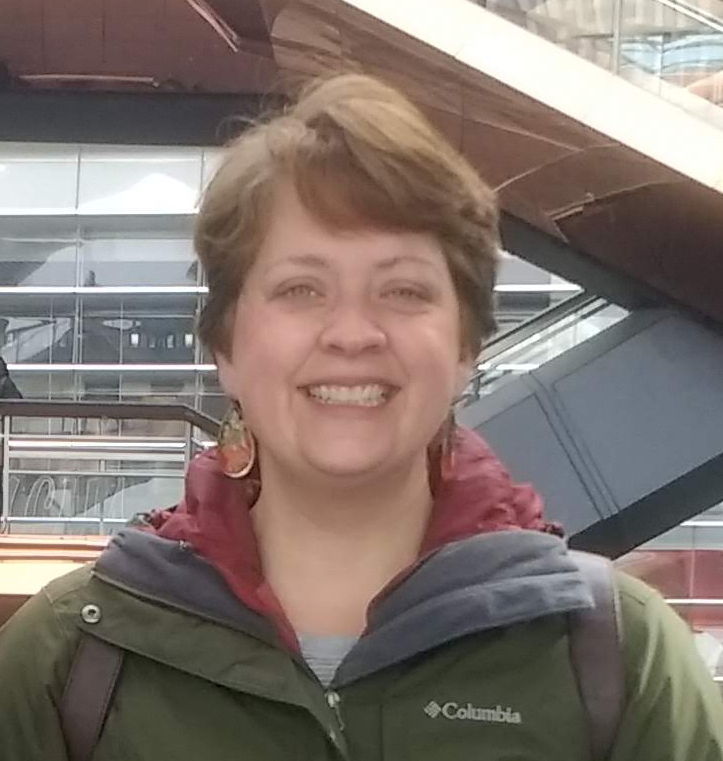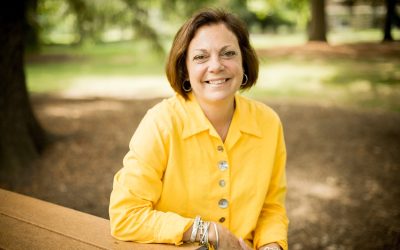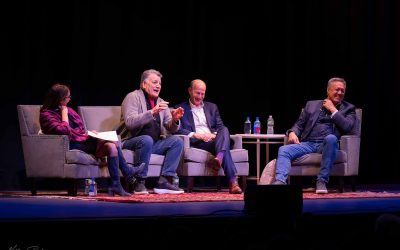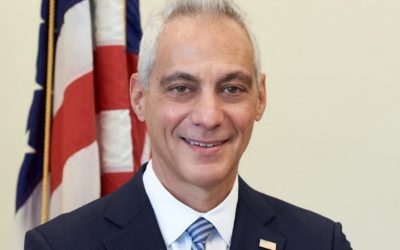Students share their experiences as medical frontline workers during the peak of the pandemic.
April 2021 – During the recent virtual event “Theological School on the Frontlines,” three Drew Theological School students generously shared their honest reflections, raw experiences and vulnerability while serving their communities in frontline medical positions during the height of the COVID-19 pandemic.
Their stories were candid, but all held onto hope through their faith as they faced the pandemic head on—while also balancing the responsibilities of their theological education, vocational pathways and the adjustment to virtual instruction. “I can feel the fragility and difficulty of this discussion,” said Associate Dean for Vocation and Formation Tanya Linn Bennett, who organized the event.
Esther Morales, Hospice Chaplain
Esther Morales, Hospice Chaplain, Center of Hope Hospice and Palliative Care, Scotch Plains, NJ
Morales worked at Center of Hope Hospice and Palliative Care to support patient families as part of her vocational internship at Drew, which quickly pivoted online when the pandemic began.
“I started feeling guilty because I was not doing what I felt I was supposed to do,” said Morales, finding it challenging to support families by phone, especially the families who were unable to visit their dying relatives.
But once permitted to return to the facility, Morales found herself torn between her personal safety and the needs of the families she supported. “I think that wisdom has always guided me, and the families needed someone to be there with them,” said Morales, confirming her decision to return to work. “Other people needed me, which gave me hope.”
Morales’ career path took an unexpected turn as a result of the pandemic and her internship. “I came to Drew because I’m a local pastor, but it came to happen that hospice is my place.”
Michael Shin, MD, attending anesthesiologist, St. John’s Riverside Hospital, Yonkers, NY
As an anesthesiologist, Shin was responsible for emergency intubation and ventilator management for COVID-19 patients. “I’ve been in practice 23 years, and I’ve never seen anything like this,” said Shin. “At one point we had eight people dying overnight–it was the most traumatic experience I have had in my career.”
When not at the hospital, Shin tried to keep positive thoughts and not burden or scare others with his experiences of fighting to saves lives. Spending time with his family and online church services helped to provide some normalcy.
To find solace during this difficult time, Shin called on a skill he learned in Dr. Laurel Kearn’s interfaith class at Drew–to create a personal journal. Shin shared a grim entry from April 2020 after a grueling 14-hour overnight shift. The pain he was experiencing is evident in his writing.
“Three people died under my care. Fear, panic, lack of personal protection equipment. Physical and mental exhaustion. I hope that we can find out more about this disease, find a cure. Everyone was working so hard to save lives. What is life? How can we explain one’s vibrant life in a plastic bag? What is the purpose of this disaster?”
Melissa Vander Plaats, RN, Atlantic Visiting Nurse, Morristown, NJ
As a visiting nursing, Vander Plaats provides skilled medical care at home, mainly before and after hospital stays, even throughout the height of the pandemic. To cope with the stress of being a healthcare worker Vander Plaats looked for “joy and gratitude in small everyday things.” She was grateful that she was able to continue making home visits—it gave her a reason to connect with the outside world.
Recalling the real issue surrounding the lack of personal protection equipment for healthcare workers, Vander Plaats stated that she was not provided with an N-95 mask until months into the pandemic, only to receive one mask per day which was a “notable privilege” considering the extreme shortage of equipment.
The vaccines give Vander Plaats hope for the future. “The vaccine allows me and other healthcare workers to be able to do the work that we want to do without the very realistic fear that we can get sick.”
